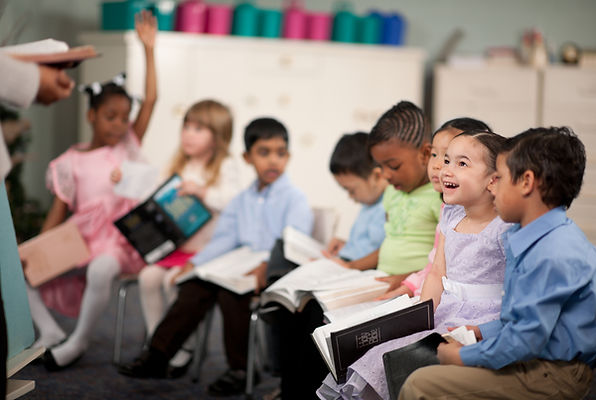
Intensive Reading Level 3
Early Fluent Reader (Early Stage 2)
Service Description
A reading class for an Early Fluent Reader (Early Stage 2) typically focuses on further developing reading fluency, comprehension skills, vocabulary expansion, and critical thinking abilities. Here's a description of some of what this class will entail: Title: Exploring Stories: Early Fluent Reading Adventures Overview: In this reading class, Early Fluent Readers (typically aged 6-9 years old) embark on exciting literary adventures where they explore a variety of stories, characters, and themes. The class is designed to foster a love of reading while strengthening foundational reading skills and comprehension strategies. Class Structure: Warm-up Activity: Begin each class with a brief warm-up activity to engage students and set the tone for learning. This could include a quick review of previously learned vocabulary, a fun word game, or a short discussion about a story-related topic. Reading Sessions: The core of the class consists of reading sessions where students read individually, in pairs, or aloud with the teacher. Early Fluent Readers engage with a range of texts, including leveled readers, short chapter books, and picture books with more complex narratives. Students are encouraged to read fluently with expression, accuracy, and comprehension. Comprehension Activities: Following the reading sessions, students participate in comprehension activities that deepen their understanding of the text. This may involve discussing story elements (such as characters, setting, plot, and theme), making predictions, summarizing key events, identifying main ideas, and drawing inferences. Vocabulary Development: Throughout the class, emphasis is placed on building vocabulary skills. Students encounter new words within the context of the texts they read and learn strategies for determining word meanings through context clues, word analysis, and dictionary use. Vocabulary games, word banks, and interactive activities are incorporated to reinforce learning. Critical Thinking and Response: Students are encouraged to think critically about the stories they read and to express their opinions, insights, and reactions. They may engage in discussions, writing activities (such as journal entries or book reviews), and creative projects (such as drawing, role-playing, or retelling stories). Guided Reading Groups: In smaller, guided reading groups, the teacher provides targeted instruction and support tailored to students' individual reading levels and needs.




Upcoming Sessions
Cancellation Policy
To reschedule please contact us a week in advance as products will be sent out by this time.
Contact Details
2252 East Semoran Boulevard, Apopka, FL, USA